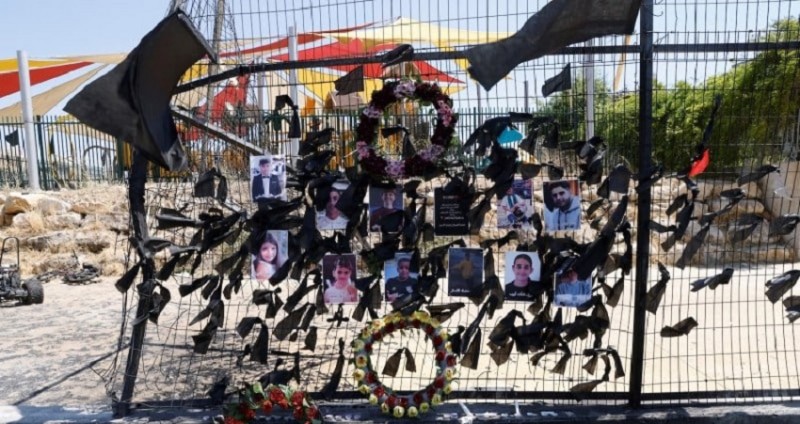
Israeli Prime Minister Benjamin Netanyahu has pledged a forceful retaliation against Hezbollah following a rocket strike that killed 12 children in the Israeli-controlled Golan Heights. The attack, which occurred over the weekend, has intensified diplomatic efforts to prevent a broader regional conflict.
The rocket, which struck a soccer field in the Druze town of Majdal Shams, has been attributed to Hezbollah by Israeli authorities. However, in a rare statement, Hezbollah has denied any involvement in the incident.
U.S. Secretary of State Antony Blinken has engaged in discussions with Israeli President Isaac Herzog, stressing the need to avoid further escalation and seeking a diplomatic resolution to the ongoing hostilities.
Since the outbreak of the Gaza war in October, Israel and Hezbollah have been involved in almost daily exchanges of fire across the border. Despite efforts to prevent a full-scale conflict, the recent rocket attack has raised the stakes, with fears of retaliatory actions escalating into a wider war.
In response to the rocket strike, Israeli forces conducted an airstrike early Monday on a motorcycle in Lebanon near the border, resulting in two fatalities and three injuries, as reported by Lebanese state media. This strike seems to reflect the ongoing daily cross-border tensions rather than a direct response to the weekend attack.
The community of Majdal Shams mourned the loss of the children, with a significant procession held for 11-year-old Guevara Ibrahim, one of the victims. Netanyahu visited the town, expressing solidarity with the Druze community and vowing a severe response to the attack.
“These children are our children, they belong to all of us,” Netanyahu stated at the site of the rocket attack. “The state of Israel will not ignore this. Our response will be severe,” he declared, attributing the attack to Hezbollah.
Netanyahu's visit was met with protests from around 300 community members, who accused him of politicizing the tragedy and demanded an end to the violence. After his departure, some protestors dismantled the wreath laid in memory of the children, with grieving relatives holding up toys left by the young victims.
The relationship between the Druze community in the Golan Heights and Israel has been complicated since Israel captured the territory from Syria in 1967 and later annexed it. While some Druze have Israeli citizenship and have integrated into Israeli society, many maintain sympathies for Syria and oppose Israeli annexation.
Netanyahu's Office Denies Hamas Claims of Hindering Ceasefire Talks
In parallel developments, the Israeli Prime Minister’s Office (PMO) has refuted claims by Hamas that Israeli conditions are obstructing ceasefire and hostage negotiations.
Hamas accused Netanyahu of introducing new demands that impeded progress during talks in Rome over the weekend. In contrast, the PMO asserted that it is Hamas leadership that is blocking the agreement.
Netanyahu’s office reiterated that Israel's stance remains consistent with the original terms, which include maximizing the release of hostages, maintaining Israeli control over the Philadelphi Corridor, and preventing the movement of terrorists, weapons, and ammunition into northern Gaza.